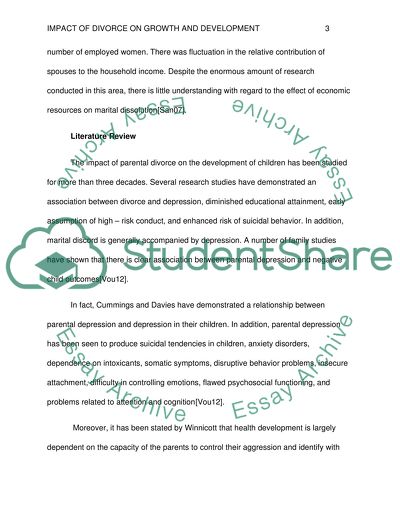Cite this document
(Impact of Divorce on Human Growth and Development Literature review, n.d.)
Impact of Divorce on Human Growth and Development Literature review. Retrieved from https://studentshare.org/social-science/1606238-the-impact-of-divorce-on-human-growth-and-development-childhood-through-adulthood
Impact of Divorce on Human Growth and Development Literature review. Retrieved from https://studentshare.org/social-science/1606238-the-impact-of-divorce-on-human-growth-and-development-childhood-through-adulthood
(Impact of Divorce on Human Growth and Development Literature Review)
Impact of Divorce on Human Growth and Development Literature Review. https://studentshare.org/social-science/1606238-the-impact-of-divorce-on-human-growth-and-development-childhood-through-adulthood.
Impact of Divorce on Human Growth and Development Literature Review. https://studentshare.org/social-science/1606238-the-impact-of-divorce-on-human-growth-and-development-childhood-through-adulthood.
“Impact of Divorce on Human Growth and Development Literature Review”, n.d. https://studentshare.org/social-science/1606238-the-impact-of-divorce-on-human-growth-and-development-childhood-through-adulthood.


